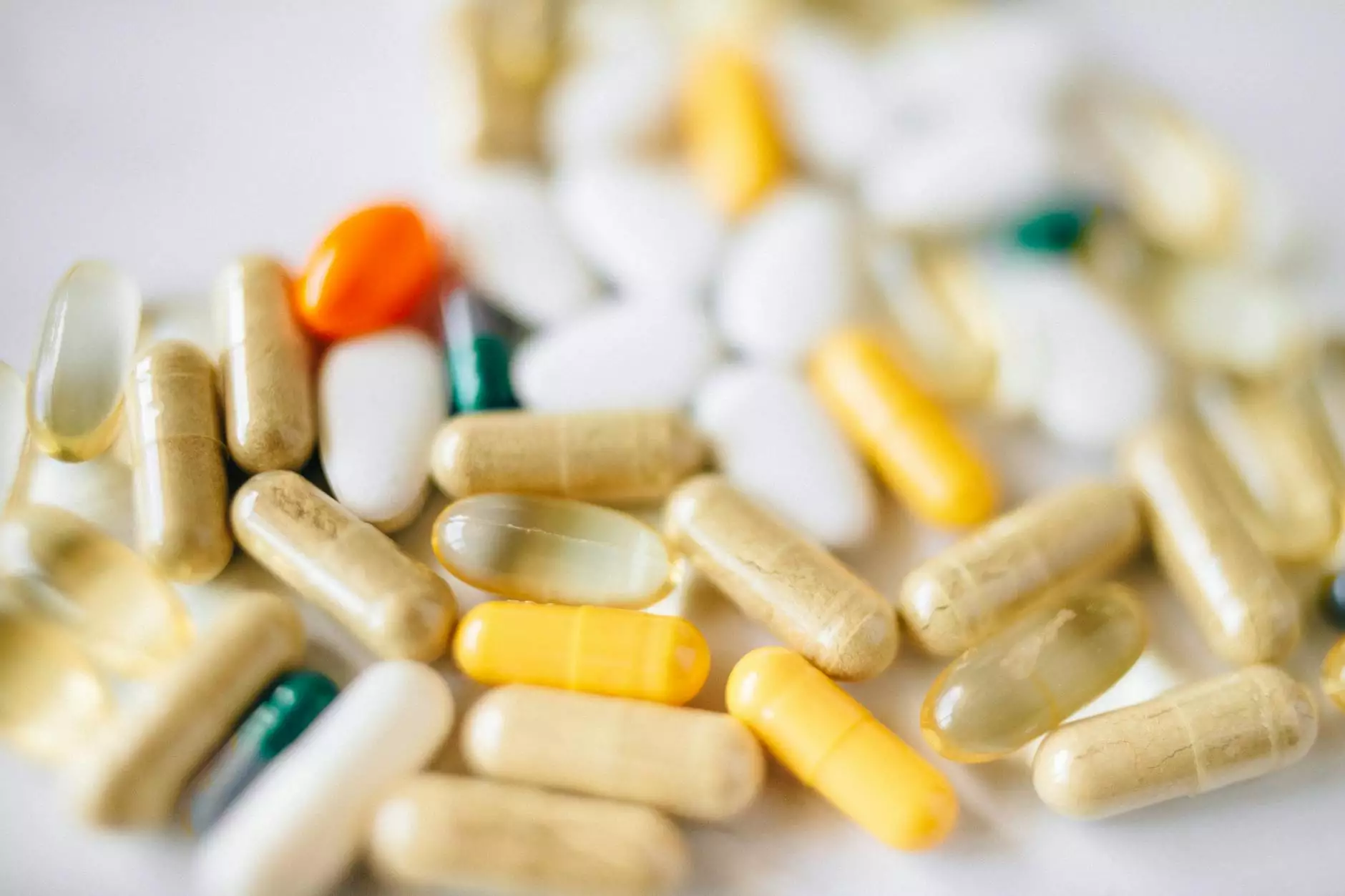Understanding the Chemistry of Sugar: Exploring the Chemicals Used

Sugar is one of the most widely used ingredients across the world, found not only in sweets but also in processed foods and beverages. The chemical composition of sugar and its production process involves various components that are essential to understand for anyone involved in industries related to food production, chemical engineering, and more. One vital aspect of this discussion is the chemical used in sugar production, which plays a significant role in the quality and purity of sugar.
What is Sugar Made Of?
Sugar primarily refers to sucrose, a carbohydrate that consists of glucose and fructose. The chemical formula for sucrose is C₁₂H₂₂O₁₁. This compound is naturally found in many plants, particularly in sugarcane and sugar beet, which are the main sources for commercial sugar production. Alongside sucrose, other sugars such as glucose and fructose also play significant roles in the food industry.
The Chemical Processes in Sugar Production
The production of sugar involves several chemical processes. Below are the key steps:
- Extraction: The first step involves crushing sugarcane or sugar beet to extract the juice. This process often employs water, and a chemical used in sugar extraction is phosphoric acid, which helps clarify the juices.
- Purification: After extraction, the juice contains impurities like solids and colorants. The juice is treated with lime (calcium hydroxide) and other chemicals which bind with impurities and help them precipitate out.
- Evaporation: The purified juice is then concentrated by evaporation, reducing water content and increasing sugar concentration, employing heat in a controlled manner.
- Crystallization: The concentrated syrup is cooled to allow sugar crystals to form. Here, anti-caking agents may be added to prevent clumping. This step includes the use of sodium carbonate to further refine sugar quality.
- Drying: Once crystallization occurs, the sugar is dried to remove any remaining moisture, which is crucial for preventing spoilage.
The Role of Chemicals in Sugar Refinement
In the refinement process, various chemicals are used to improve the quality of sugar and make it safe for consumption. Here are some commonly used chemicals:
- Phosphoric Acid: Used for clarifying juice during the extraction stage.
- Lime (Calcium Hydroxide): Aids in the purification process by removing impurities.
- Carbon Dioxide: Introduced to precipitate calcium carbonate, which carries impurities with it out of the solution.
- Sodium Hydroxide: Sometimes employed to adjust pH levels for optimal chemical reactions in purification.
- Activated Carbon: Used to decolorize sugar by removing colorants and organic impurities.
Importance of Water Purification in Sugar Production
Water plays a critical role in sugar production as it is used in various stages, from extraction to purification. The quality of water directly impacts the purity and flavor of the final sugar product. Therefore, water purification services are essential for sugar manufacturers. These services ensure that the water used in the sugar-making process is free from contaminants that could compromise the quality of the sugar.
Methods of Water Purification
Here are some commonly utilized methods in water purification:
- Filtration: Removes particulate matter from water.
- Reverse Osmosis: A method that uses a membrane to separate contaminants from water.
- UV Treatment: Uses ultraviolet light to kill bacteria and viruses in water.
- Ion Exchange: Removes undesirable ions and replaces them with more desirable ones, critical for achieving the right water chemistry.
Understanding Sweeteners and Alternatives
In recent years, the demand for alternatives to traditional sugar has gained momentum. Sweeteners like aspartame, sucralose, and stevia have become increasingly popular as substitutes. Understanding the chemicals used in these sweeteners is fundamental as they offer lower-calorie options and suit various dietary restrictions.
Common Alternatives to Sugar
Here are some of the most common sugar alternatives along with their chemical properties:
- Aspartame: A low-calorie sweetener composed of aspartic acid and phenylalanine.
- Sucralose: Derived from sugar, but is chemically modified, making it non-caloric.
- Stevia: A natural sweetener extracted from the leaves of the Stevia plant, known for its high sweetness and zero calories.
- Erythritol: A sugar alcohol that provides a low-calorie sweetness without significant blood sugar impact.
Sustainability in Sugar Production
As consumers become more aware of environmental issues, sustainable practices in sugar production have become a central theme. Industries are now looking at sustainable sourcing of raw materials, minimizing waste, and the effective use of water resources.
Practices for Sustainable Sugar Production
- Reducing Water Usage: Implementing efficient irrigation techniques and recycling water used in production.
- Organic Farming: Reducing the use of chemical fertilizers and pesticides in sugarcane cultivation.
- Maximizing By-Products: Utilizing by-products like molasses and bagasse for energy generation or animal feed.
The Economic Impact of Sugar Production
The sugar industry significantly contributes to the economy. It provides thousands of jobs, supports local farmers, and contributes to export revenues in sugar-producing countries. Understanding the economics of sugar production involves looking at the costs associated with production, pricing strategies, and the global market demand for sugar.
Factors Affecting Sugar Prices
Several factors can influence the price of sugar, including:
- Supply and Demand: Fluctuations in sugar supply can cause significant price changes.
- Production Costs: Increases in the cost of chemicals and energy used in production can affect pricing.
- Global Market Trends: Changes in trade policies, tariffs, and competition from alternative sweeteners.
Conclusion: The Future of Sugar
As the demand for sugar and sugar alternatives continues to evolve, the industry must adapt to changes in consumer preferences, environmental concerns, and health awareness. Innovations in sugar production, sustainable practices, and a deeper understanding of the chemicals used in sugar will shape the future of this essential industry.
For further insights and detailed services regarding water purification, water suppliers, and water stores, visit Bimakskimya, where we are committed to quality and sustainability in every drop.
chemical used in sugar








